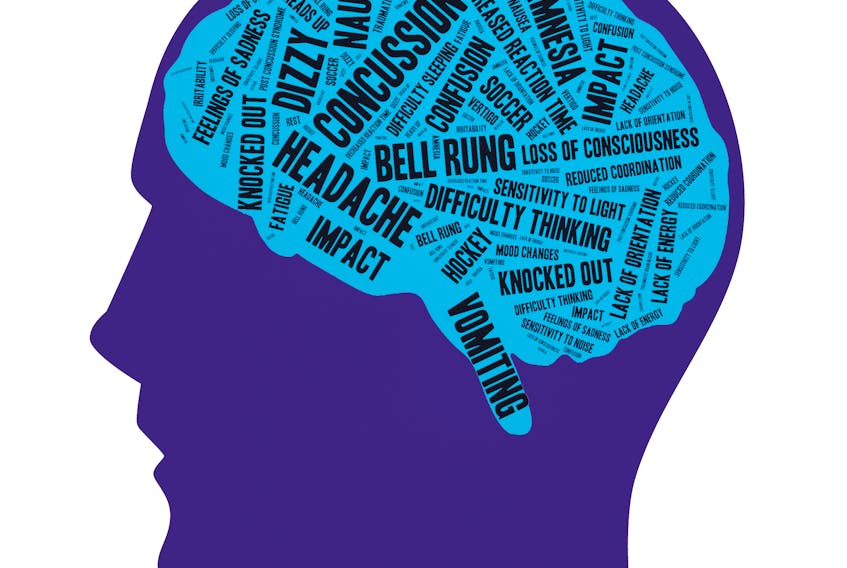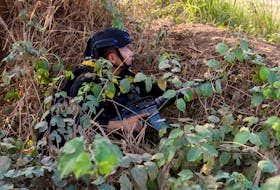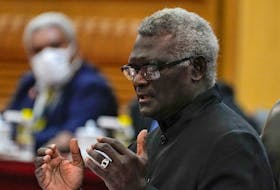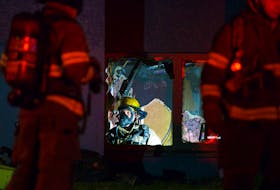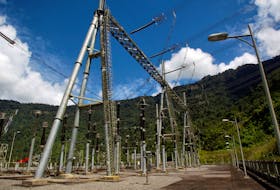ANTIGONISH, N.S. - Most people agree hockey played at Antigonish Arena these days isn’t nearly as violent as it was 20 years ago.
Intense rivalries between junior Bulldogs clubs and the Strait Pirates, as well as Halifax-based junior ‘A’ teams, often favoured punches over precision passing.
The game has been cleaned up, due in large part to increased awareness for the effects of head trauma, including concussions. Strict on-ice and supplemental discipline has also helped.
At the same time, as long-time junior ‘B’ Bulldogs trainer Paula Delorey notes, the game has become faster, while remaining physical, so the potential for concussions remains.
“At the Antigonish junior B level, we have witnessed first-hand the different levels of concussions in this fast-paced game,” said Delorey, a paramedic by trade.
“We have strong, young men, high-speeds and hard-hitting checks. All of these can contribute to a concussion at a minor level to very advanced level.”
The brain is extremely vulnerable to injury, she said, and the head, face, neck and back can be affected. A hit or check can cause a whiplash effect, bringing an altered state of mind.
Concussions can be diagnosed as mild traumatic brain injury and often get resolved on their own, Delorey said, taking anywhere from a few days to months, or even as long as a few years.
“Thankfully, we have advancements in our knowledge of concussions, in how we identify, how we treat, how we manage and how we can recover. Depending on the severity of the concussion, we should always consult with a physician.”
READ MORE:
Our approach has changed a lot
Among the symptoms she’s encountered are players’ memories being altered to having no memory at all, along with headaches, dizziness and having cognitive issues and physical damage.
“With time and proper treatment, these all heal on their own, but if any issue is present, a physician is consulted immediately, and the concussion protocol is followed,” she said.
The team adheres to a step-by-step process that’s followed to the letter. In Antigonish, Dr. David Cudmore is only a call away when a consultation is required.
Delorey says there are misconceptions about preventative measures, one being that a concussion helmet can be purchased.
“These, as far as I know, do not exist,” she said. “But with extra padding and more coverage, this can help to prevent skull fractures, but not concussions.”
In today’s game, Delorey feels strongly that strict enforcement on checking to the head and checking from behind infractions is imperative.
Continued education and communication, while underlining the importance of concussion awareness, are vital.
“This education needs to be reinforced yearly, at the beginning of each hockey season, whether it’s part of a practice, a meeting or training session,” she said.
“Involve the coach, the player and the parents, but make each coach and player accountable for their actions.”

